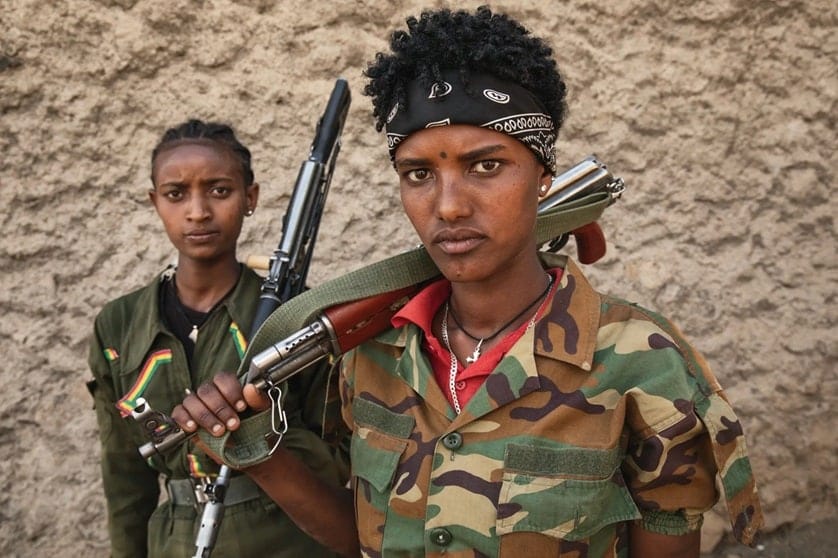
By Nama Nekemto
The history of popular struggles for freedom in various countries reveals a crucial prerequisite for success: a thorough assessment of the oppressive regime’s nature and tactics, both before and during the struggle. This allows for a strategic approach to dismantling the regime and navigating challenges effectively. Ethiopian people’s pursuit of bringing a democratic system, the debate between peaceful and armed struggle, has raged for decades, dividing organizations into opposing camps. This division persists even today.
The fundamental issue is the complete absence of constitutional rights in Ethiopia. Freedom of the press, assembly, peaceful protest, free movement, property rights, free and fair elections, and the right to oppose harmful government policies – all are severely curtailed. Given this reality, the question of whether peaceful resistance is even feasible becomes moot. Many Ethiopians believe that armed struggle is the only viable option, while some still believe peaceful struggle is possible.
There are confirmed reports from reputable human rights organizations and eyewitness accounts that paint a horrific picture of systematic oppression, asserting that Abiy Ahmed is terrorizing and killing his own people to maintain power.
The accusations leveled against Abiy Ahmed’s government are serious and demand a detailed analysis. The claims of a nonexistent ethical framework, the denial of even basic constitutional rights, the dissemination of false economic growth figures by government officials while recorded number of people starving, and the publication of unsubstantiated false news propagated by the government, all represent profound governmental misconduct. These facts on the ground paint a picture of a government lacking in integrity and transparency, undermining its legitimacy and eroding public trust.
The current political climate in Ethiopia is marked by escalating violence, human rights abuses, and a pervasive atmosphere of fear. The regime’s actions, including the extrajudicial killings of civilians, the arbitrary detention and torture of political opponents, the widespread looting and displacement of communities, and the perpetration of sexual violence against women, are utterly reprehensible and demand immediate international attention. These are not merely allegations; reports from reputable human rights organizations and eyewitness accounts paint a horrific picture of systematic oppression.
The narrative that peaceful resistance is sufficient to address this crisis is dangerously misleading. While peaceful means of protest should remain a cornerstone of democratic engagement, the current reality in Ethiopia demonstrates that the regime is unwilling to engage in meaningful dialogue or respond to peaceful calls for change. In fact, peaceful protests are often met with brutal repression, further endangering the lives and well-being of citizens.
The regime’s calculated strategy of suppressing dissent through violence is designed to maintain its grip on power, regardless of the cost in human lives. Their attempts to portray the ongoing conflict as something other than a blatant violation of human rights are a deceptive smokescreen for their inhumane actions. We must not allow ourselves to be fooled by this propaganda.
The assertion that armed resistance will inevitably lead to further bloodshed is a valid concern. However, when all avenues for peaceful resolution have been exhausted, and the regime demonstrates an utter disregard for human life, the question of armed resistance becomes significantly more complex. The potential for increased violence must be weighed against the ongoing atrocities committed against the Ethiopian people. The suffering inflicted upon millions cannot be ignored.
It is imperative that the international community respond decisively to this crisis. Sanctions, targeted investigations, and the establishment of international monitoring mechanisms are vital steps.
Furthermore, support for civil society organizations working on the ground to document human rights abuses and provide assistance to victims is crucial.
The Ethiopian people deserve unwavering support in their struggle for justice, freedom, and self-determination. Silence in the face of such overwhelming suffering is unacceptable. We must act now.
